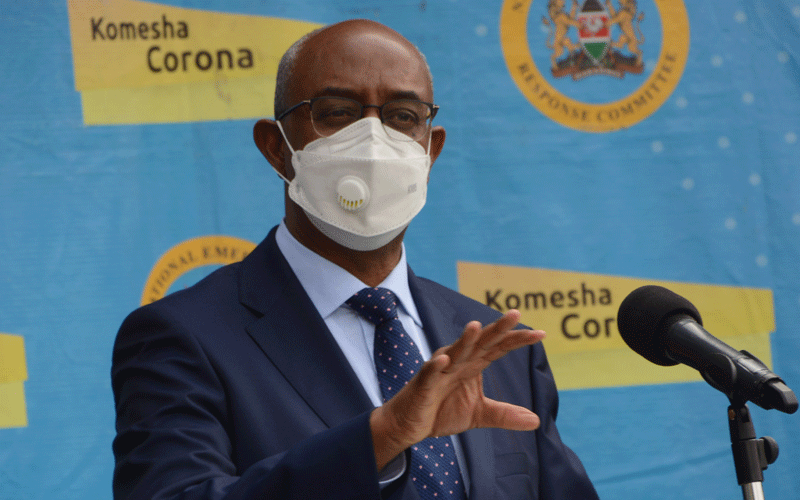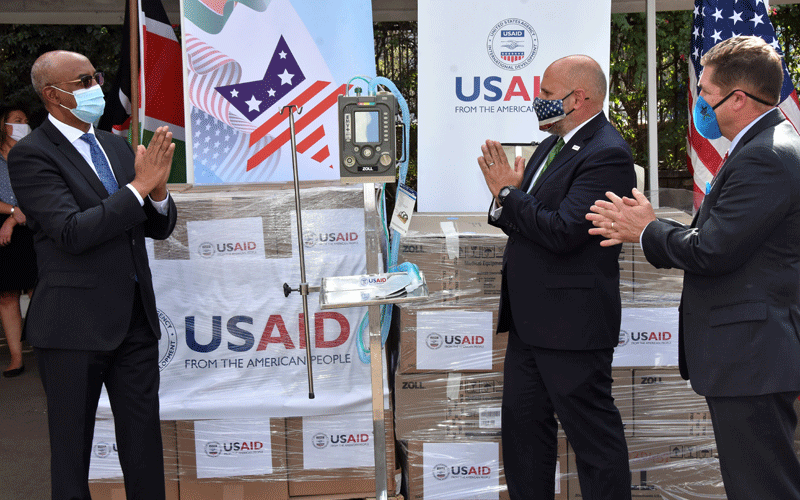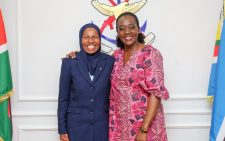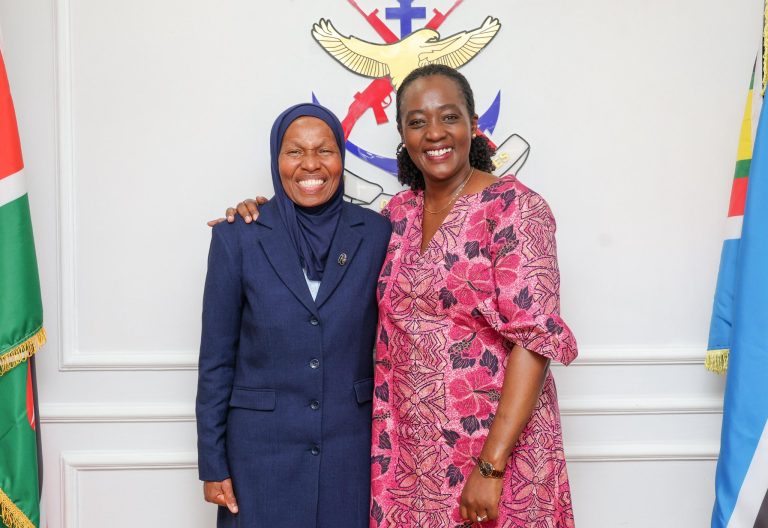We may reopen Covid-19 isolation centres —Aman
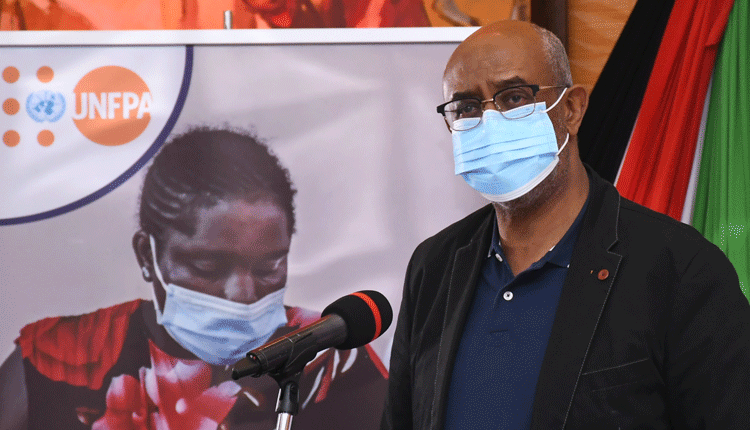
The government will consider re-opening the Covid-19 isolation centers should the new variant strike the country.
Health Chief Administrative Secretary (CAS) Dr Rashid Aman said the government could not rule out reopening isolation, Intensive Care Units and High Dependency Unit facilities in all counties should the new Omicron variant, first detected in South Africa, be found in Kenya.
He said the ministry was keenly monitoring the situation with a view to taking necessary measures to protect Kenyans from the variant which has spread to several countries.
“It is sad that some countries have locked out South Africa which went public and reported the new variant but we are monitoring the situation and have raised our guard,” he said.
The CAS was addressing the press on yesterday after opening the 18th Health Sector
Intergovernmental Consultative Forum in Naivasha.
There was concern early this week following reports that arrivals from from South Africa had been allowed into the country without being tested for the virus.
This was after activist Boniface Mwangi claimed on social media that he was on the flight which landed at the Jomo Kenyatta International Airport (JKIA) early this week without its passengers being subjected to any checks.
“Our flight was delayed for two hours. We got to Nairobi and @KenyaAirports claimed they weren’t aware that there was a @KenyaAirways flight from South Africa. So there isn’t even a nurse to do tests. KQ transit passengers will miss flights. This level of incompetence is criminal,” he wrote.
Rwanda and Angola are the latest countries to suspend flights from South Africa, Namibia, Lesotho, Botswana, Eswatini and Zimbabwe.
The United Kingdom and most of the European Union member countries as well as the US, Japan and Israel have also banned flights from South Africa.
Kenya has, however, downplayed the fears with Health Principal Secretary Susan Mochache ruling out the possibility of closing the country’s borders due to the new variant.
Mochache told journalists at Afya House that the Ministry of Health had already heightened surveillance at all the ports of entry and ensured that any person coming into the country from countries where the variant has been identified is properly screened and show proof of full vaccination.
Entry points
Such passengers, Mochache said, should also have been tested in the last 96 hours preceding their flight to the country.
“We should be science-led rather than just making knee-jerk reactions in as far as closing our borders is concerned,” she stated.
Mochache said the government was doing all it can to prevent the new variant from spreading in the country.
“We also recognise that passengers who have been coming may have slightly been inconvenienced because we were all taken by surprise by what had happened, and we are working hard to ensure that the logistical issues happen smoothly and seamlessly at the points of entry,” she said.
Mombasa has identified facilities to handle patients should the new variant be detected.
According to the Chief Officer of Health Khadija Shikely, the county had established three facilities which could be converted into isolation facilities if the need arose.
They include Tudor Sub County hospital which is fully equipped with oxygen piping.
“When Covid-19 came, we were not really that prepared but we put up a 300-bed capacity facility at the Technical University of Mombasa’s engineering faculty which helped us handle mild to moderate patients.
When the schools reopened, the Ministry of Education told us they needed the university back and we closed the isolation wards. We took the beds to other facilities such as Mvita, Tudor and Port Reitz,” Shikely said.
Aman yesterday also denied reports that Covid-19 doses that were about to expire were being brought into the country.
He said the government had rejected some vaccines when it discovered that their shelf life was too short.
Some donor countries and organisations have been accused of sending African countries doses that were about to expire.
According to Aman, there were donor policies and regulations which guide any donated medical equipment or vaccines.
“We have in the past rejected many donations whose shelf life was too short and we rejected them as we cannot force the doses on people’s arms,” he said.
The World Health Organization (WHO) representative Dr Juliet Nabyonga said they were working closely with the African Union to make sure there were no expired vaccines.
She said WHO was keen to support counties on health issues by pushing up vaccine uptake and addressing challenges facing the sector.
“There is no country that has received expired vaccines as we are working with the EU to make sure that the doses have the right shelf life,” she said.
